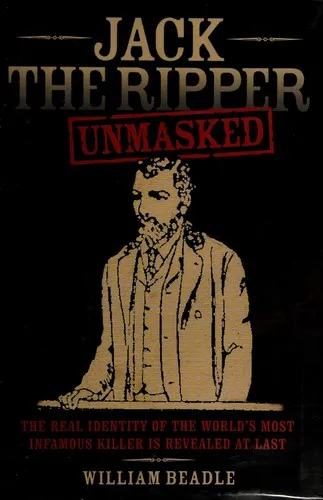
Had the Jack the Ripper murders taken place is 1988, not 1888, the response to them would have been markedly different. Since those dark days in Victorian London we have learned much about this type of killer: their damaged childhoods, misfit adulthoods, and psychopathic alienation from the human race. But can this new knowledge help to solve a mystery that has been eluding generations of policemen and historians? One suspect who embodied all the dire characteristics was William Henry Bury. Bury moved to the East End of London in 1887. He had a terrible childhood, he was a horsemeat butcher, and he had a violent relationship with his wife. But was Bury the Ripper? Beadle uses his Ripper psychological profile in conjunction with newly unearthed evidence: Bury was out all night on the dates of the murders, and when his wife "committed suicide" she had been strangled and her body ripped up in the same way as the Ripper's victims. When Bury was executed for the murder of his wife, the killings in the East End stopped. A Scotland Yard detective even conceded to the hangman that he was "quite satisfied you have hanged Jack the Ripper."
William Beadle
William Beadle was a 19th-century American poet known for his collection of poetry, "Echoes from the Rocky Mountains." His writing style was characterized by vivid imagery and emotional depth, capturing the rugged beauty of the western landscape. Beadle's work celebrated the spirit of exploration and adventure in the American frontier.